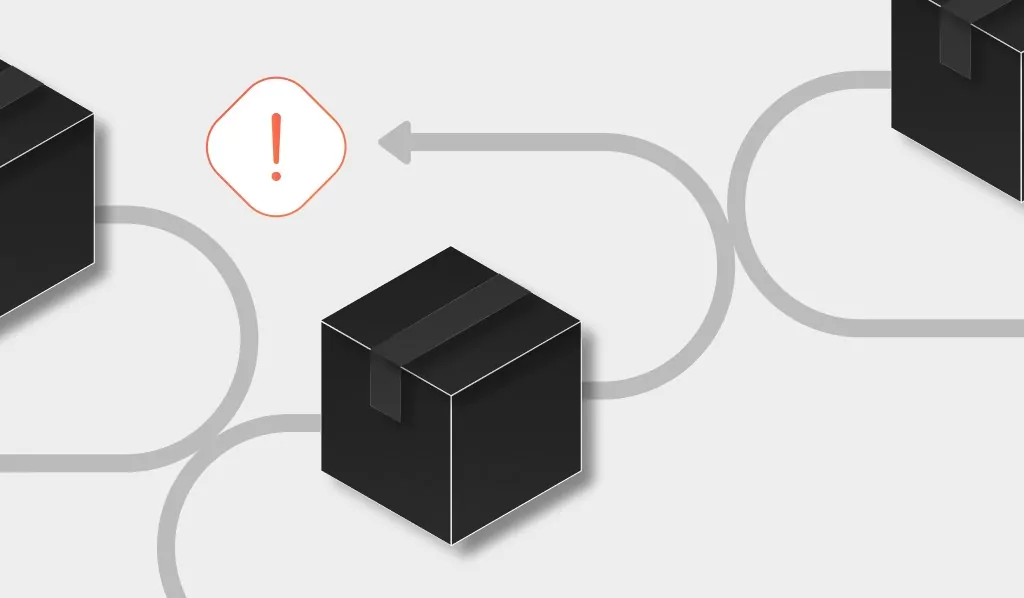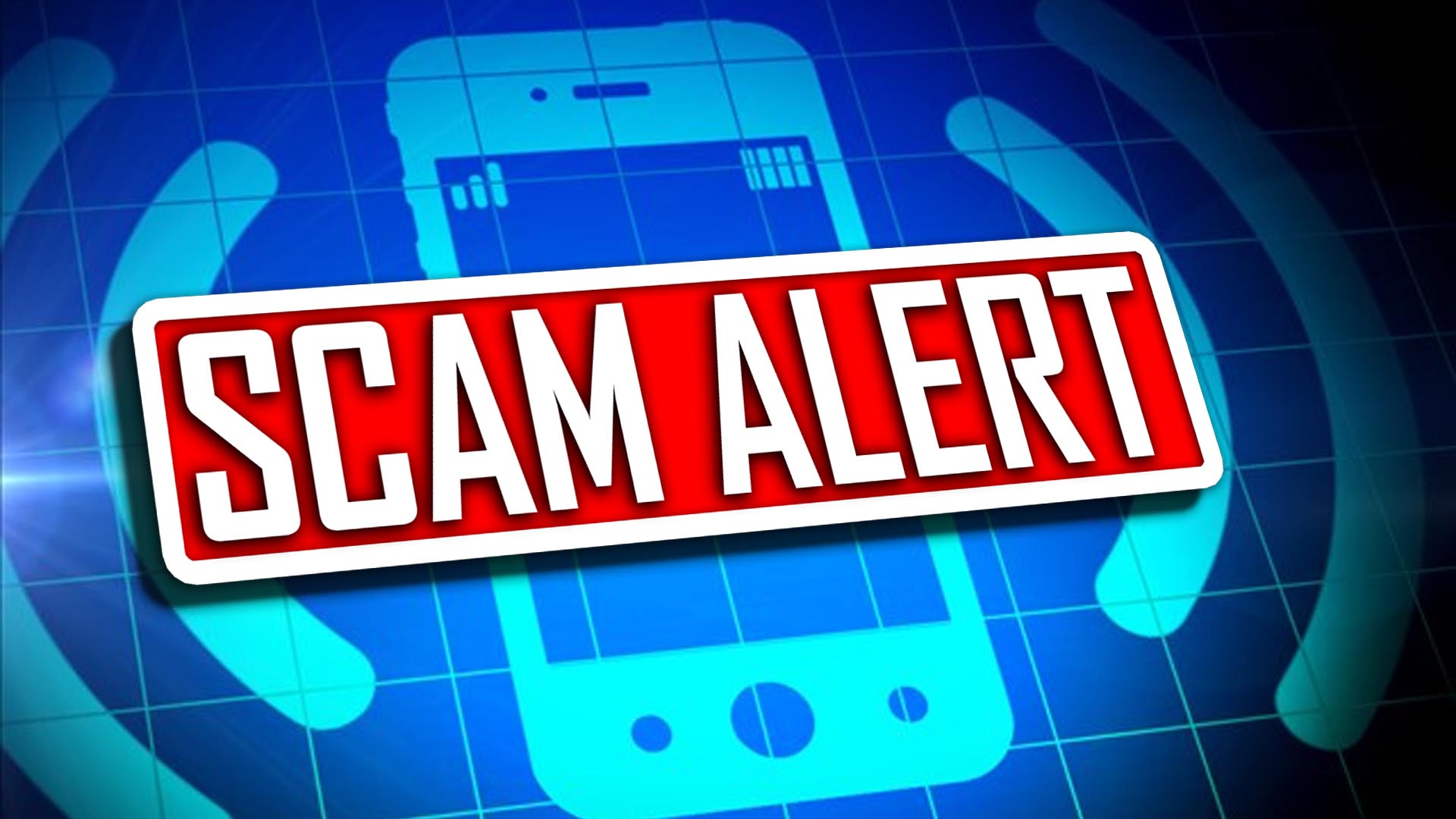
Gift cards are a convenient and popular gift option, but unfortunately, they’re also a prime target for scammers. These fraudsters use a variety of tactics to trick unsuspecting victims into handing over their hard-earned gift card funds or personal information. Let’s delve into the world of gift card scams and how you can protect yourself.
Types of Gift Card Scams
- Phishing Scams: Scammers may send emails or text messages that appear to be from legitimate companies, such as Amazon or popular retailers. These messages often claim a problem with your account or offer a tempting reward, prompting you to click a link and provide your gift card information.
- Imposter Scams: Fraudsters may pose as government agencies (like the IRS), tech support representatives, or even loved ones in distress. They’ll create a sense of urgency and demand immediate payment via gift cards to resolve a fabricated issue.
- False Prize Promotions: You might receive social media messages, pop-ups, or emails announcing you’ve won a fantastic prize. The catch? You need to pay a “processing fee” using a gift card to claim your winnings.
- Gift Card Reselling Scams: If you try to sell an unwanted gift card online, scammers may contact you posing as legitimate buyers. They’ll often attempt to trick you out of the card’s code without providing payment.
Types of Gift Card Scams Evolving in 2024
While the core tactics of gift card scams often remain consistent, scammers are constantly adapting to new technologies and trends. Here are some of the more insidious and original scam types to be aware of in 2024:
- Deepfake Impersonations: Scammers are increasingly utilizing deepfake technology to create realistic voice or video impersonations of authority figures, friends, or family members. This adds a level of believability to their urgent demands for gift card payments, making victims more likely to comply.
- Charity Donation Manipulation: Fraudsters may set up fake charity websites or social media campaigns that mimic legitimate organizations. They exploit people’s generosity by requesting donations in the form of gift cards.
- QR Code Tampering: Scammers are physically tampering with gift card displays in stores. They replace the legitimate gift card’s QR code with one linked to their own account, so when the unsuspecting customer loads the card, the funds go directly to the scammer.
- Smishing Surge: Similar to phishing, “smishing” involves fraudulent text messages. In 2024, scammers are intensifying smishing attacks, as users might be less suspicious of texts compared to emails. These texts often contain fake links or urgent requests for gift card details.
- Exploiting the Metaverse: As virtual reality and metaverse platforms gain popularity, expect scammers to find ways to target users within these spaces. This could involve fake in-world stores selling fraudulent gift cards or scammers posing as customer service representatives to trick users into surrendering card information.
Red Flags to Watch Out For
- Unsolicited Requests: Be wary of any unexpected messages or calls asking for gift cards, especially from unfamiliar sources. Legitimate businesses will not demand payment via gift cards.
- Sense of Urgency: Scammers often try to rush you into making a decision, pressuring you with threats or tempting offers. Take a moment to assess the situation before acting.
- Too Good to Be True Deals: If an offer seems too good to be true, it probably is. Be cautious of unrealistic prizes or promises of free gift cards.
- Typos and Grammatical Errors: Scam emails and messages are often riddled with typos and grammatical errors.
Red Flags 2.0: Don’t Fall for These 2024 Gift Card Scams
The scammers of 2024 are getting craftier. Here’s how to spot their latest tricks before your gift card turns into a digital ghost:
- The “Celebrity Gift Giveaway” Gimmick: Be wary of social media posts or pop-ups claiming your favorite influencer is giving away a mountain of gift cards. Look for inconsistencies: is the account verified? Does the giveaway language seem off-brand? A misspelling of “influencer” is usually a dead giveaway (pun intended).
- The “Emotional Blackmail” Bait and Switch: Scammers might use social media to create fake profiles pretending to be in desperate need of help – a stranded traveler needing a gift card for a “life-saving” plane ticket, for example. However, upon closer inspection, the profile might have been created only hours ago, with no prior activity. Trust your gut – genuine emergencies rarely involve gift cards.
- The “Fake News Flash”: Beware of news articles, especially on less reputable websites, claiming a popular gift card brand has a “security breach” and requires immediate verification using your card details. Legitimate companies will contact you directly, not through sensationalized news articles.
- The “Robo-Refund” Ringer: Don’t be fooled by automated calls claiming to be from a delivery service or online retailer offering a “refund” on a recent purchase – payable via gift card, of course. Real companies handle refunds through established channels, not through unsolicited robocalls.
- The “Friend in Need” Phishing Frenzy: Scammers are mimicking your real friends’ online personas with increasing sophistication. Be suspicious of sudden requests for gift cards via text or message, even if they seem to come from a familiar contact. Double-check with your friend directly (through a verified call or message) before handing over any information.
By recognizing these 2024-specific red flags, you can navigate the world of gift cards with confidence, ensuring your generosity goes to the right recipient, not a digital trickster.
How to Protect Yourself
- Purchase from Trusted Sources: Buy gift cards directly from reputable retailers or from the official website of the brand.
- Guard Your Gift Card Information: Treat your gift card like cash. Don’t share the card number or PIN with anyone you don’t know and trust.
- Be Skeptical of Unsolicited Communications: Don’t click on links or respond to messages from unknown senders, especially if they ask for gift card payments.
- Verify Before You Act: If you receive a suspicious request, contact the company or agency directly through their official website or phone number to verify its legitimacy.
- Educate Yourself: Stay informed about the latest gift card scams and share this knowledge with friends and family.
Where and How to Report Gift Card Scams: Don’t Just Suffer, Take Action!
Getting scammed sucks. But fighting back feels even better. Here are original and resourceful ways to report gift card scams:
- The Source Matters: Start by reporting the scam directly to the company that issued the gift card (e.g., Amazon, Target, etc.). Their fraud departments often have immediate measures to trace the funds or freeze compromised cards. Find a list of major gift card companies and their contact information on the FTC website (https://consumer.ftc.gov/articles/avoiding-and-reporting-gift-card-scams).
- The FTC: Your Fraud-Fighting Ally: The Federal Trade Commission (FTC) is your go-to for reporting scams. They won’t be able to recover your money, but by filing a report at ReportFraud.ftc.gov, you help them build cases against scammers.
- Get Local, Get Loud: Contact your local police department, especially if the scam has a local angle or the scammer might still be in the area. Also consider contacting your state’s consumer protection agency.
- Harness the Power of the Online Crowd: Websites like the Better Business Bureau (BBB) Scam Tracker (https://www.bbb.org/scamtracker) allow you to report scams and warn others in your community. Share your story on social media platforms, being careful not to reveal any sensitive personal details.
- Future-Proof Yourself: Sign up for fraud alerts from your banks, credit card providers, and even from the gift card companies themselves, if they offer such a service. Keeping tabs on your accounts can help you flag suspicious activity faster.
Global Resources with Local Reach:
- Consumer Sentinel Network: (https://www.ftc.gov/) This is a database operated by the FTC that collects scam reports from various international consumer protection agencies. It’s a good starting point to find resources for your specific region.
- eConsumer.gov: (https://econsumer.gov/) This website brings together consumer protection agencies from around the world. You can file reports and find relevant protection bureaus for your location.
Region-Specific Examples
- USA: In addition to the FTC and BBB, the USA offers the Internet Crime Complaint Center (IC3) (https://www.ic3.gov/), specifically focused on cybercrime including gift card scams.
- Canada: The Canadian Anti-Fraud Centre (http://www.antifraudcentre-centreantifraude.ca/index-eng.htm) is the primary reporting site for various scams within Canada.
- European Union: The European Consumer Centres Network (europa.eu) is a great resource for EU member states, offering country-specific assistance with consumer rights and scam reporting.
- Australia: Scamwatch (https://www.scamwatch.gov.au/), run by the Australian Competition and Consumer Commission (ACCC), is the principal reporting site for scam activity in Australia.
- New Zealand: Consumer Protection (https://www.consumerprotection.govt.nz/general-help/scamwatch/) offers a dedicated Scamwatch section where New Zealanders can report scams and access resources.
Finding the Right Resource:
The best way to find resources for your specific region is:
- Search: Use search engines with queries like “[Your Country/Region] report gift card scam” or “[Your Country/Region] consumer protection agency”.
- Government Websites: Many countries have dedicated government websites addressing consumer protection, fraud, and scams.
Remember: Reporting a scam isn’t just about recovering your lost money. It’s about disrupting the scammers’ operations and potentially preventing others from falling victim. Every report contributes to the bigger picture!











Be the first to comment